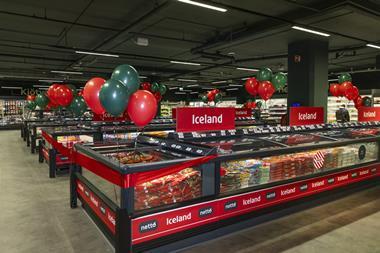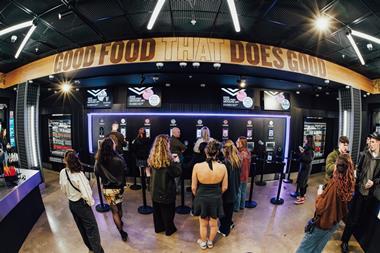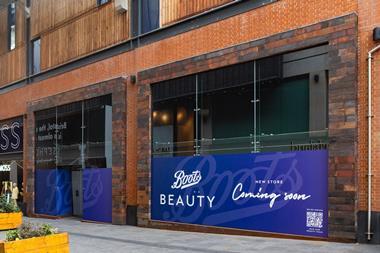
The majority of shoppers would switch from their regular supermarket if safety measures to protect them from the spread of coronavirus didn’t meet expectations, a poll has revealed.
Two-thirds (69%) of shoppers admitted loyalty to their favourite supermarket would be tested if safety measures were deemed ineffective, found a survey by banking tech firm Cennox.
It follows the prime minister’s announcement that face coverings would be compulsory in all retail stores across England from 24 July.
Failure to follow the new rules will lead to a fine of up to £100, with enforcement to fall on police – though shopworkers are expected to encourage the policy, according to No 10.
The move, which brings England into line with Scotland and other European countries, would give people “more confidence to shop safely”, said health secretary Matt Hancock.
Despite the government’s ‘Shop With Confidence’ message to the public, almost half (46%) of shoppers in the Cennox survey believed the safety measures put in place by supermarkets and retail stores had been inadequate or poorly managed. Just 7% said they had “complete trust” retailers would keep them safe.
And 13% of consumers had managed to avoid supermarkets altogether since lockdown began, the report found.
“If shoppers don’t feel protected, they will vote with their feet,” said Nick Cockett, chief operating officer at Cennox, which last month unveiled a device it claimed killed Covid-19 on chip & pin machines using ultraviolet light.
“We know how hard retailers have been working to overhaul their stores in recent weeks and months, but they simply cannot afford to adopt partial measures to keep customers safe. Retailers have spent years building intricate loyalty systems to keep shoppers coming back in store. These results show us that robust in-store safety is the new gold standard to win the hearts and minds of consumers – at least for the foreseeable future.”
In other results, more than half (54%) of all shoppers already wear some form of PPE while out shopping, such as masks or gloves.
The government’s announcement on face coverings was welcomed by retail industry bodies, such as the BRC, Usdaw and ACS.
However, Usdaw general secretary Paddy Lillis raised concern the government had yet to indicate it was willing to work closely with the shopworker union on detailed guidance for the mandatory move. “It is still not clear who will enforce the wearing of face coverings, with Matt Hancock saying shops would be expected to turn customers away,” Lillis said.
“Usdaw expects the guidance to make it clear that shop workers will not be enforcing the wearing of face coverings. They are already dealing with more abuse than normal and this could be another flashpoint.”
BRC chief executive Helen Dickinson said she hoped compulsory face coverings would make shoppers more confident about returning to the high street.
“We look forward to further clarity over whether the wearing of face coverings will apply to shop staff. If so, there must be flexibility for colleagues who are in stores all day and can already benefit from other safety measures such as protective screens and two-metre distancing.”



















No comments yet